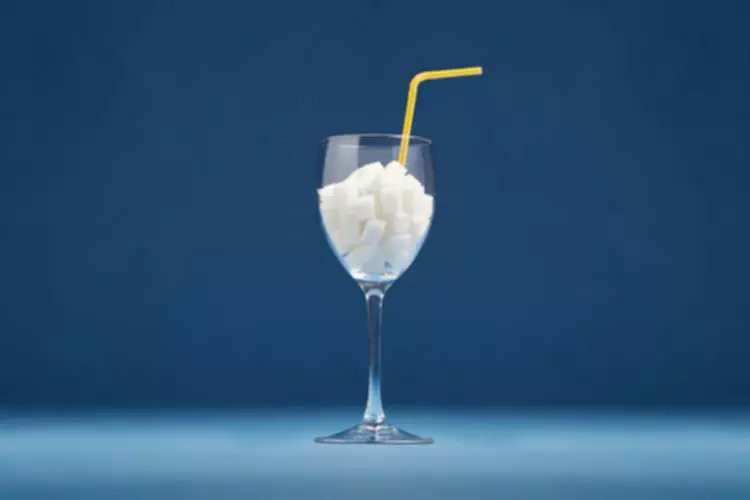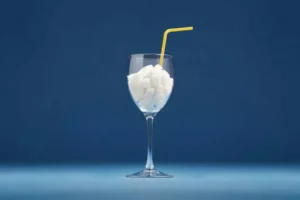
It’s important to be honest about your alcohol use — and any other substance use — so your provider can give you the best care. Avoid people who may encourage you to drink alcohol or may not support your decision to stop. It may be easier on your rehabilitation to skip visits with “drinking buddies” or avoid gatherings with a focus on drinking. We do not receive any commission or fee that is dependent upon which treatment provider a caller chooses. Though there isn’t a cure that can be provided by a treatment program, they do employ a variety of methods that allow people to successfully work through withdrawal without returning to alcohol use. When you begin abusing alcohol, you train your body to rely upon it.
- It’s also a central nervous system depressant, and your body may become more reliant on ethanol the longer it’s exposed to it.
- Symptoms occur in three stages, with the first symptoms typically appearing within 8 to 10 hours after your last drink if you have severe AUD.
- The body’s vital signs such as your heart rate or blood pressure can change dramatically or unpredictably, creating a risk of heart attack, stroke or death.
- Treatment for signs of withdrawal that includes medical detoxification and withdrawal management can help keep people as safe and comfortable as possible during the difficult drug and alcohol detox period of early recovery.
What to expect from your doctor

In particular, alcohol abuse can create a shortage of folate, thiamine, magnesium, zinc and phosphate. It is usually difficult for people who drink to be completely honest about how much they’ve been drinking. You should report your drinking history straightforwardly to your doctor so you can be treated safely for withdrawal symptoms. Medical detoxification makes the process safer, more drug addiction treatment manageable, and greatly increases the chances of long-term success, but it’s just the first step in your journey. DTs can be life-threatening if left untreated and require immediate medical intervention.

Supported living
- You may also receive other medications or treatments for related health issues, like IV fluids for dehydration and electrolyte imbalances or antinausea medicines if you experience vomiting.
- You may experience severe confusion, high blood pressure, fever, high heart rate, and abnormal heart rhythms for a week or longer.
- Many people with alcohol problems and their family members find that participating in support groups is an essential part of coping with the disease, preventing or dealing with relapses, and staying sober.
AWS can evolve in a few hours or a few Cure for Alcohol Withdrawal Symptoms days but often develops between 6 to 24 hours after your last drink. Once you stop drinking, though, the sudden change may come as a shock to your brain, which altered some of its chemistry to make up for the alcohol’s presence. Delirium tremens (DT) is the most severe form of AWS and occurs in 5% of people with AWS. The craving for alcohol may be a persistent challenge during and after withdrawal. There will be multiple points throughout the process where you will be tempted to drink. It’s helpful to think of your craving as a wave; Cravings build, peak, crash and dissipate.
Relaxation Therapy
Vitamins such as thiamine and folic acid will need to be supplemented. The person should also try to eat three well-balanced meals per day and drink enough water to remain hydrated. Benzodiazepines carry a Food and Drug Administration boxed warning because there is a risk of dependence. If you’re prescribed a medication from this class of drugs talk with your doctor about the risks before taking them =https://ecosoberhouse.com/ and always follow the doctor’s instructions.

Benzodiazepine Withdrawal Symptoms

Oral benzodiazepines are the best studied and most effective drugs for preventing a severe alcohol withdrawal syndrome, particularly the risk of seizures and delirium. The management should be individualized with the help of rating scales and use of Symptom Triggered regime, which is proved to be more effective as compared to Fixed Tapering dose regime. For delirium tremens and withdrawal seizures, treatment with high-dose benzodiazepines (parenteral or oral) is recommended in ICU set up. Thiamine (B1) deficiency is commonly seen and serious complications in alcohol-dependent patients and hence, supplementation is widely recommended. Sleep disturbances are extremely common in the early stages of recovery from alcohol dependence and may persist for several months despite continued abstinence.
- A common example of withdrawal is feeling a headache slowly develop when you forgo your morning coffee.
- Physical withdrawal should disappear in a week or less, and psychological cravings will be much less intense.
- Let’s address some of the most frequently asked questions about alcohol withdrawal, providing insight into different aspects such as medication, home remedies, dietary considerations and more.
Alcohol withdrawal can also cause death, especially without treatment. If a person can answer yes to two or more of the CAGE questions, they should consider seeking treatment. Join our supportive sober community where each day becomes a step towards personal growth and lasting positive change.

